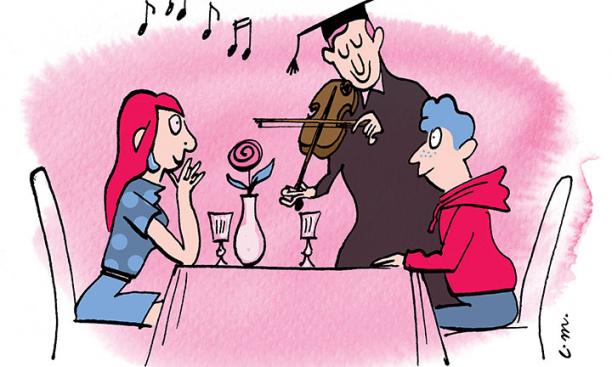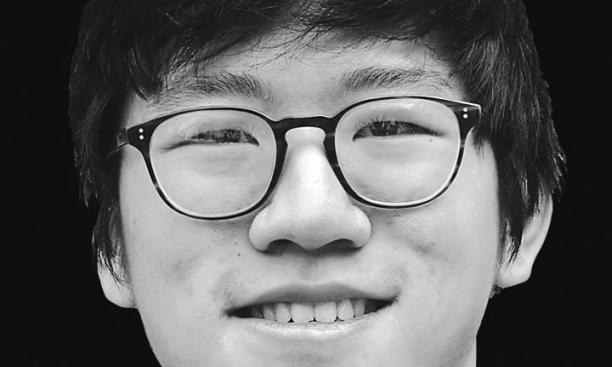

It’s a Friday night, and members of the Anscombe Society, a student group dedicated to upholding traditional sexual morals and family values, are meeting to discuss the ethics of Princeton’s hookup culture.
The society was founded in 2005, and its 10th anniversary coincided with the release of a campus survey in which 27 percent of undergraduate women reported experiencing nonconsensual sexual contact.
“To us, the survey results were shocking and horrible, but not surprising,” said Christian Say ’17, the group’s president. “The intersection of the hookup and drinking cultures at Princeton results in students having sex with people they don’t know so well,” added Thomas Clark ’18, the society’s vice president. “Bad things can happen pretty easily.”

The University could do more to inform students about a range of behavioral choices, Say said. “The freshman-orientation program assumes that everyone going into college will be drinking and having sex,” he said. “The kids who aren’t comfortable with casual sex end up feeling alienated, and the kids who are on the fence see that that’s what everyone else is doing and feel pressured to conform.”
An Anscombe event last year titled “Gay Marriage? A Debate” was greeted with satirical posters placed around campus, but the group has been spared the forceful opposition that has taken place at some other schools. “At Stanford, speakers at Anscombe events have been shouted down by protesters,” Clark said. “But I’ve never even received a threatening email.”
Reflecting that tolerance, Peter Deffebach ’17 said he respects the society’s views, although he disagrees with them. “We should be open to a debate that our nation is experiencing,” he said. “Princeton students shouldn’t insulate themselves.”
With about 15 students attending the society’s weekly meetings, group members realize that most of their peers will never attend an Anscombe event. Instead, they have tried to influence the campus culture indirectly — on Valentine’s Day, for example, members put up posters around campus with advice on how to ask someone on a date.
“In the past you would ask someone out on a date, and there was this whole idea of casual dating to express interest. And if you were both interested, you would become exclusive,” Say said. “But we don’t have that anymore.”
